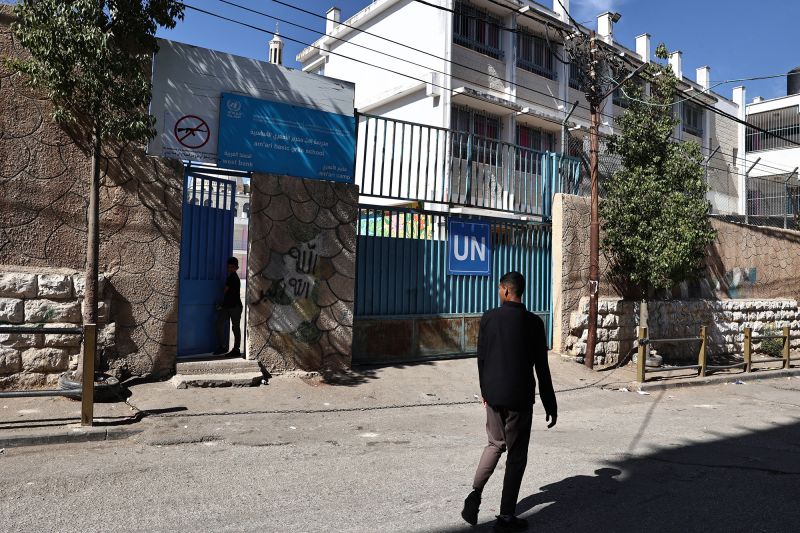The United Nations Relief and Works Agency for Palestine Refugees in the Near East (UNRWA) plays a crucial role in supporting Palestinian refugees worldwide. However, Israel has been advocating for the dismantlement of this refugee agency for several years. If this were to happen, it could potentially trigger a wide range of disastrous consequences for regional stability, international security, and the rights and wellbeing of millions of Palestinian refugees.
UNRWA was established in 1949 in the aftermath of the Arab-Israeli War to provide relief and assistance to over 700,000 Palestinian refugees displaced during the conflict. Since then, the organization has been responsible for administering a range of programs that provide essential education, health care, social services, and emergency assistance to more than five million registered refugees today. With no political resolution to the Palestinian refugee issue in sight, the need for UNRWA’s work continues to be of paramount importance.
UNRWA’s Detractors
Israel has long wanted the UNRWA to be dismantled, arguing that the agency perpetuates a victim mentality among the Palestinian diaspora and fuels anti-Israel sentiment. Critics state that UNRWA, by providing its services, prolongs the conflict by fostering hopes for a right of return that is unrealistic. Israel observes that the refugee status is extended to descendants of the 1948 refugees, which it perceives as an unfair arrangement, unique to the Palestinian situation.
However, opponents to this view argue that the dissolution of the UNRWA would exacerbate the problems it was created to manage. While it is true that some Palestinians use the refugee status to assert a political claim against Israel, humanitarian agencies like the UNRWA do not have the mandate or capacity to resolve deep-rooted political problems. They can only mitigate the hardships they produce.
Potential Consequences of Dismantling the UNRWA
In the absence of the UNRWA, many Palestinian refugees would be left without access to basic services necessary to their survival, which could spur greater instability and unrest in the region. Israel itself could end up bearing the brunt of the humanitarian fallout, as it could be obliged under international law to shoulder the responsibilities that the UNRWA currently takes on, effectively rendering the agency a buffer between Israel and the refugee population.
Moreover, UNRWA works to improve the education of Palestinian children and youth. Hence, cutting funding may lead to about half a million Palestinian children being out of school. This lack of education and opportunity may potentially lead to a rise in radical ideologies and behavior, potentially leading to a surge in terrorism.
At an international level, the dismantling of an established UN agency could provoke a backlash among countries sympathetic to the Palestinian cause, thereby exacerbating existing tensions, and possibly result in increased financial assistance being channelled through entities less transparent or accountable than the UNRWA.
Without UNRWA’s health interventions, infectious diseases could spread more rapidly amongst Palestinian refugees, potentially leading to regional or even global health crises. This scenario would then require international intervention at considerably higher cost both financially and in terms of human lives.
In conclusion, the calls to dismantle UNRWA by Israel and its allies are an oversimplification of complex political, demographic and humanitarian issues. While the protracted nature of the Palestinian refugee situation is concerning, eradicating a critical humanitarian agency is not the solution. Greater effort needs to be invested in striving for a just, lasting and comprehensive political resolution to the Palestinian-Israeli conflict. Only then can the function of UNRWA be phased out with minimal impact on the lives of the Palestinians the agency serves today. Until such a solution is found, the world cannot afford the disastrous consequences that might ensue from the wholesale dismantling of the UN’s Palestinian Refugee Agency.




